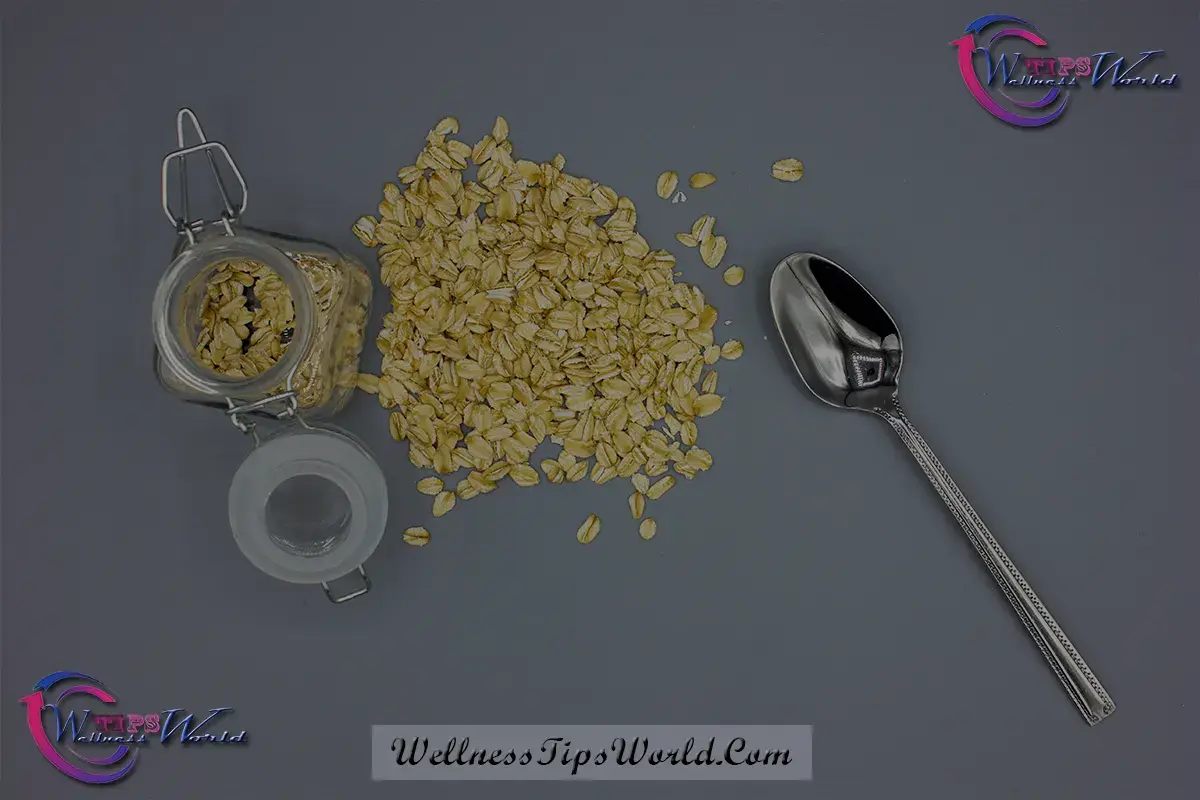Boost Your Gut Health with These Simple Habits
-
83
- 25 May, 2025

Your gut is more than just a digestive organ—it's a complex ecosystem that influences your overall health, mood, and immune system. Maintaining a healthy gut is essential for optimal well-being, and fortunately, adopting a few simple habits can make a significant difference.
Why Gut Health Matters
The gut houses trillions of microorganisms, including bacteria, viruses, and fungi, collectively known as the gut microbiome. A balanced microbiome is crucial for:
- Efficient digestion and nutrient absorption
- A robust immune system
- Mental health and mood regulation
- Reduced inflammation
- Protection against harmful pathogens
An imbalance in this microbiome can lead to digestive issues, weakened immunity, and even mood disorders.
1. Incorporate Fiber-Rich Foods
Fiber acts as a prebiotic, providing nourishment for beneficial gut bacteria. A fiber-rich diet supports a thriving and balanced gut microbiome.
High-fiber foods include:
- Whole grains like oats and quinoa
- Legumes such as lentils and chickpeas
- Fruits like apples and berries
- Vegetables, especially leafy greens and cruciferous options
Nuts and seeds
- The Doctor's Kitchen
- Strive to get 25–38 grams of fiber each day to nourish and maintain a healthy gut.
2. Stay Hydrated
Staying well-hydrated is crucial for effective digestion and optimal nutrient absorption. Water helps maintain the mucosal lining of the intestines, facilitating smooth digestion and regular bowel movements.
Tips to stay hydrated:
- Drink water consistently throughout the day
- Add hydrating foods such as cucumbers and melons to your meals.
- Cut back on sugary drinks, as they may upset the balance of your gut microbiome.
3. Engage in Regular Physical Activity
Exercise has been shown to enhance the diversity of the gut microbiome. Regular physical activity promotes the growth of beneficial bacteria and improves gut motility.
Recommended activities:
- Brisk walking
- Cycling
- Yoga or Pilates
- Strength training
Try to get in about 30 minutes of moderate physical activity on most days of the week.
4. Prioritize Sleep
Getting quality sleep plays a key role in supporting a healthy gut. Disrupted sleep patterns can negatively affect the gut microbiome, leading to digestive issues and increased inflammation.
Camille Styles
Tips for better sleep:
- Establish a consistent sleep schedule
- Create a relaxing bedtime routine
- Limit screen time before bed
Make sure your sleep environment is cool and dimly lit for optimal rest.
Honest to Goodness
5. Manage Stress Effectively
Chronic stress can harm the gut by altering its microbiota and increasing intestinal permeability. Implementing stress-reducing techniques can protect gut health.
Effective stress management strategies:
- Mindfulness meditation
- Deep breathing exercises
- Spending time in nature
- Engaging in hobbies and social activities
- Honest to Goodness
6. Include Probiotic-Rich Foods
Probiotics are live beneficial bacteria that can enhance the gut microbiome. Incorporating probiotic-rich foods into your diet can support digestive health.
Probiotic-rich foods include:
- Yogurt with live cultures
- Kefir
- Sauerkraut and kimchi
- Miso and tempeh
7. Limit Processed Foods and Sugars
High intake of processed foods and sugars can disrupt the balance of gut bacteria, promoting the growth of harmful microbes. Reducing these foods can support a healthier gut.
Tips to reduce processed foods:
- Cook meals at home using whole ingredients
- Read food labels to identify added sugars
- Opt for natural sweeteners such as honey or maple syrup, but use them in moderation.
8. Chew Food Thoroughly and Eat Mindfully
Proper chewing breaks down food into smaller particles, easing the digestive process. Eating slowly and without distractions can enhance digestion and nutrient absorption.
Mindful eating practices:
- Chew each bite thoroughly
- Avoid multitasking during meals
- Pay attention to hunger and fullness cues
9. Consider Prebiotic Foods
Prebiotics are fibers that aren't digested but nourish the beneficial bacteria in your gut. Incorporating prebiotic-rich foods can enhance the effects of probiotics.
Prebiotic-rich foods include:
- Garlic and onions
- Leeks and asparagus
- Bananas and apples
- Chicory root and Jerusalem artichokes
10. Avoid Unnecessary Antibiotic Use
While antibiotics are essential for treating bacterial infections, overuse can disrupt the gut microbiome by killing beneficial bacteria. Always adhere to the guidance provided by your healthcare professional when taking antibiotics.
Achieving optimal gut health doesn't require drastic changes. By incorporating these simple habits into your daily routine, you can foster a balanced gut microbiome, leading to improved digestion, enhanced immunity, and better overall health.
Remember, consistency is key. Start with small changes and gradually build habits that support your gut health for the long term.










